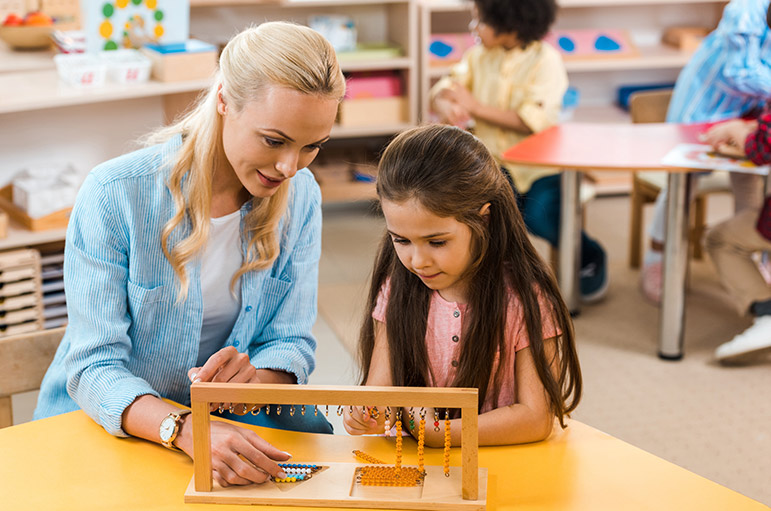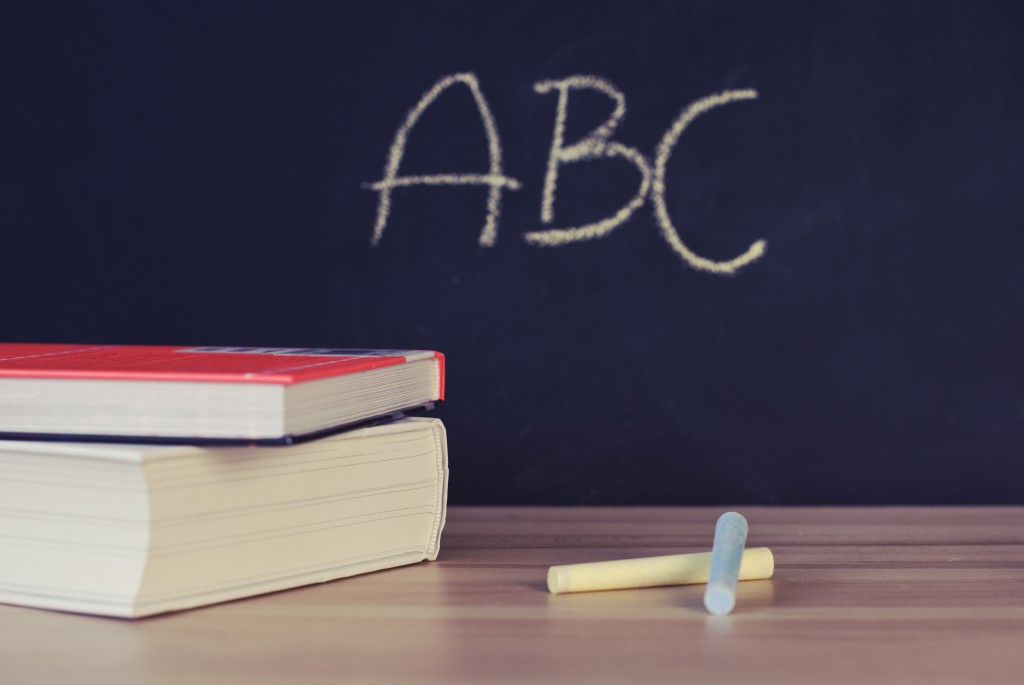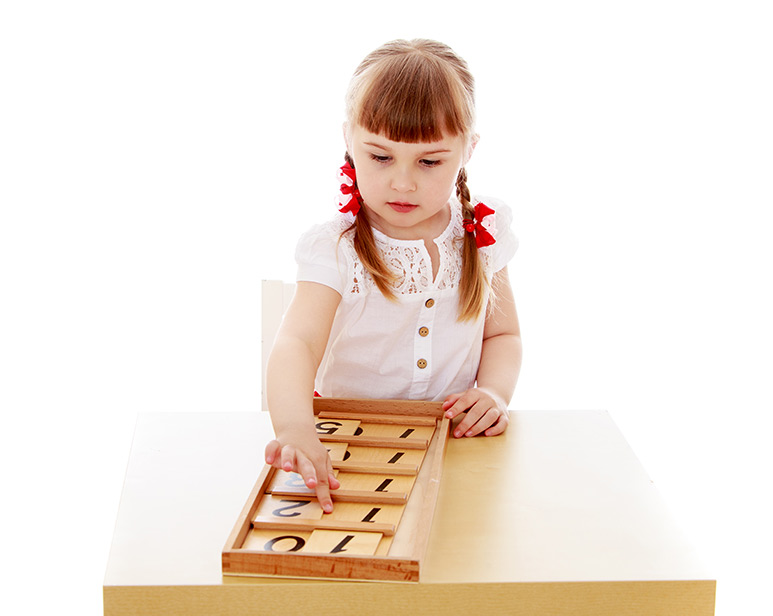Maria Montessori was an Italian educator who was passionate about the natural process of education. Her educational philosophy is based on developing an environment that is child-centered and one that allows the student to explore and progress at their own pace. During the late 1800s and early 1900s, Montessori lead the way in alternative education. She started schools and trained other teachers in her innovative approach to education. Although her methods were created some time ago, here are some Maria Montessori quotes that are still tried and true to today.
Maria Montessori quotes that show her innovative approach to education:
1. “We discovered that education is not something which the teacher does, but that it is a natural process which develops spontaneously in the human being.”
Education is not synonymous with academic drills and skills. It is not the lesson on the blackboard from the teacher. Education is what children learn and implement in their daily lives through interaction with each other and the world. This natural process begins at birth and continues the rest of the person’s life.
A positive Montessori classroom understands this natural process. The teacher creates an environment that sets the child up for successful learning opportunities. The teacher allows the student to develop their skills within this safe environment.

2. “The greatest sign of success for a teacher… is to be able to say, ‘The children are now working as if I did not exist.’” – one of the most famous Maria Montessori quotes.
Maria Montessori developed a classroom model that allowed children to explore and interact with the environment. The children could progress through their work at their own pace naturally, and build a solid foundation. In this model, the teacher is a facilitator and observer of the learning and not the main focus.
Visit any quality Montessori center and you might see one or two children working individually with a teacher to learn new skills, and the other students working on a variety of tasks with little interruption by or notice of the educator.
The students are comfortable in the learning environment and with the previous modeling of tasks that they can lead their learning. The teacher ensures mastery has been completed on each task and then demonstrates a higher-level task. He then again becomes an observer as the student dives into focused work. The educator is present with the student and aware of the learning levels of each student, but allows the child to ‘steer the ship’.
3. “Never help a child with a task at which he feels he can succeed.”
Tour a Montessori classroom or visit a friend who implements Montessori style learning in their home. Chances are you will witness the children doing many tasks without being asked, and performing those tasks well. Children will be pouring their own drinks, setting the table, watering plants, sweeping floors, washing windows, and even polishing silverware. Maybe you did not think a young child was capable of these tasks, but the children know they can succeed!
A good classroom models the correct process for each task. The teacher ensures the child understands how to perform the task, and then lets them at it. Allowing children to try and succeed, and even fail, will build up their sense of self-worth. If the child thinks they can do a task (and it is within reason, of course), never aid him. Allow them to have these failures and successes. If the environment is positive, they will feel comfortable to try and try again, gaining a feeling of success with each new skill.

4. “We teachers can only help the work going on, as servants wait upon a master.”
A quality Montessori teacher shows children how to properly complete their work at a basic level and then allows them to master the technique before demonstrating the next level. Rather than teaching a unit and then moving on to keep pace with a set curriculum, the teacher gives the child the time and space they need to fully grasp each task. This may mean waiting only a few days, or maybe waiting a few months with interjections of gentle guidance and re-teaching as needed. The teacher waits patiently like a servant of the child’s needs.
During the educational process, the teacher takes notes to remember what level of success each child has achieved. The teacher strives to appreciate each level of success on its own merit for each child. As the servant of the child, the teacher can only facilitate the work so far and then must allow the child his time for discovery.
5. “One test of the correctness of educational procedure is the happiness of the child.” – Maria Montessori quotes
Wow. That one says it all.
A child who is in an enriching, appropriate environment will reflect back with happiness. A classroom that respects the child’s needs and wants, and allows for independent growth, will result in a child who loves to learn each day. A child is born naturally inquisitive, with a thirst for knowledge. They are natural scientists, artists, philosophers, and poets.
Quality child-lead education fosters this natural desire for education. However, if the educational process is too stringent or does not allow for independent thought, the child may become more educated but less happy. If the teacher pushes the child too hard, he or she will struggle to have a passion for education. His flame will begin to die down, and his mood will suffer. Happy children who are intently engaged in work are a sign of a correct Montessori educational procedure.

Maria Montessori’s vision
What remarkable quotes from Maria Montessori! Her understanding of children and their learning process was true in her time, and still is in our time. This educational philosophy is still relevant because it is based on understanding children and their natural learning process.
What Montessori quote did you find most intriguing? Do you have another Montessori quote to add to the list? Please let us know in the comments.
Next, check out our line of Montessori inspired products.








